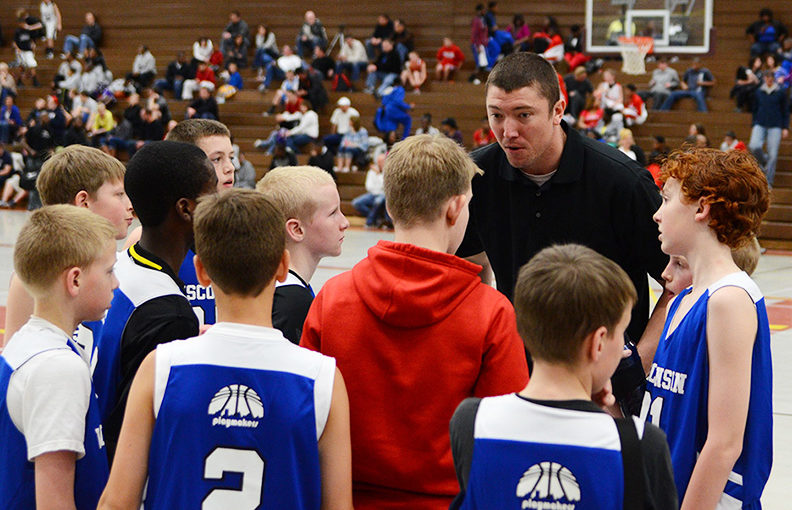Between the Lines: What to do about the disappearing referees

It was five years ago when I first heard rumblings of referee shortages at the high school level. Pennsylvania’s longtime officials had noticed high turnover and a lack of new blood entering the profession, something they thought could become a major problem.
Alarm bells didn’t sound in 2012, but a lot has happened since then. Today, at least 15 states plus the District of Columbia have expressed concern over their shrinking pool of referees. Three of those states — Texas, Iowa and Oregon — characterize the problem as a “crisis.” Fewer referees means more work for those remaining in the profession, which leads to burnout.
In July, when the Texas Association of Sports Officials (TASO) said it was having difficulty finding officials for the upcoming football season, I was astonished. How does Texas, a football hotbed known for its “Friday night lights,” struggle recruiting people to be a part of the state’s biggest sport? I had my suspicions — verbal abuse from coaches, low pay, nasty parents — but only the referees know the answer.
 TASO trainer and crew chief Eric Dumatrait does his best to prepare incoming officials for what’s ahead, but sometimes that’s not enough. Rule No. 1: You must have thick skin.
TASO trainer and crew chief Eric Dumatrait does his best to prepare incoming officials for what’s ahead, but sometimes that’s not enough. Rule No. 1: You must have thick skin.
“We’re all adults, and we need to get over it,” he said. “That’s the message that we give these guys, but we still have people who leave because of (the abuse).”
» RELATED: Oklahoma facing shortage of football, basketball referees
Referees are human punching bags for coaches and fans, but Dumatrait offered a bit more insight. When it comes to varsity coaches, he said, most understand that officiating mistakes are part of the game. “They’ll even work with us and let us review video so we can get better as well,” he said. “They’ll say, ‘If we have to rely on a call to win the game, then we didn’t do enough to win the game.’”
What takes place in junior varsity and freshman games is more troubling. Head coaches at those stages can be more vicious, maybe because they’re not as experienced or they’re basking in the freedom of running their own program. And it’s the JV and freshman levels where the more inexperienced referees cut their teeth, meaning there’s a higher probability for mistakes. It’s a recipe for confrontation.
“I’ve had to go to a couple coaches and say, ‘Give him a break,” Dumatrait said. “They’re learning; they’re new.”
Coaches who have been in the game long enough witness — and deliver — the verbal attacks on referees, but if you want high-quality officials on the courts and fields, you must treat them appropriately. It’s also crucial that varsity coaches convey that message to their assistants, along with the freshman and JV coaches.
Games are rarely, if ever, flawlessly officiated, and it has been that way since the day your sport was created. We can’t take human error out of the game, but what we can do is show greater respect for those who do their best to give something back to it. Keep that in mind the next time a call doesn’t go your way.
Kevin Hoffman is the editorial director of Coach & Athletic Director. He can be reached at [email protected].





